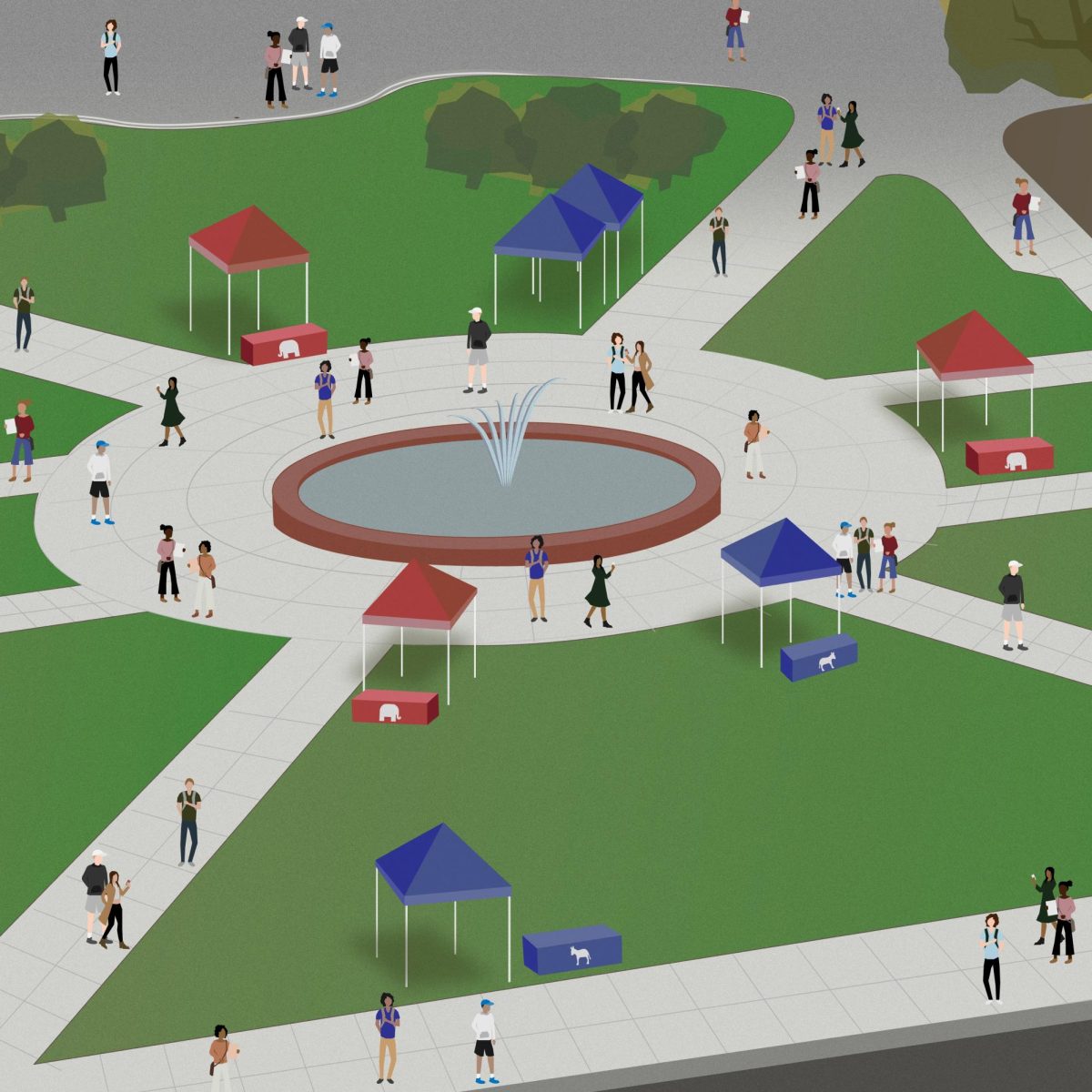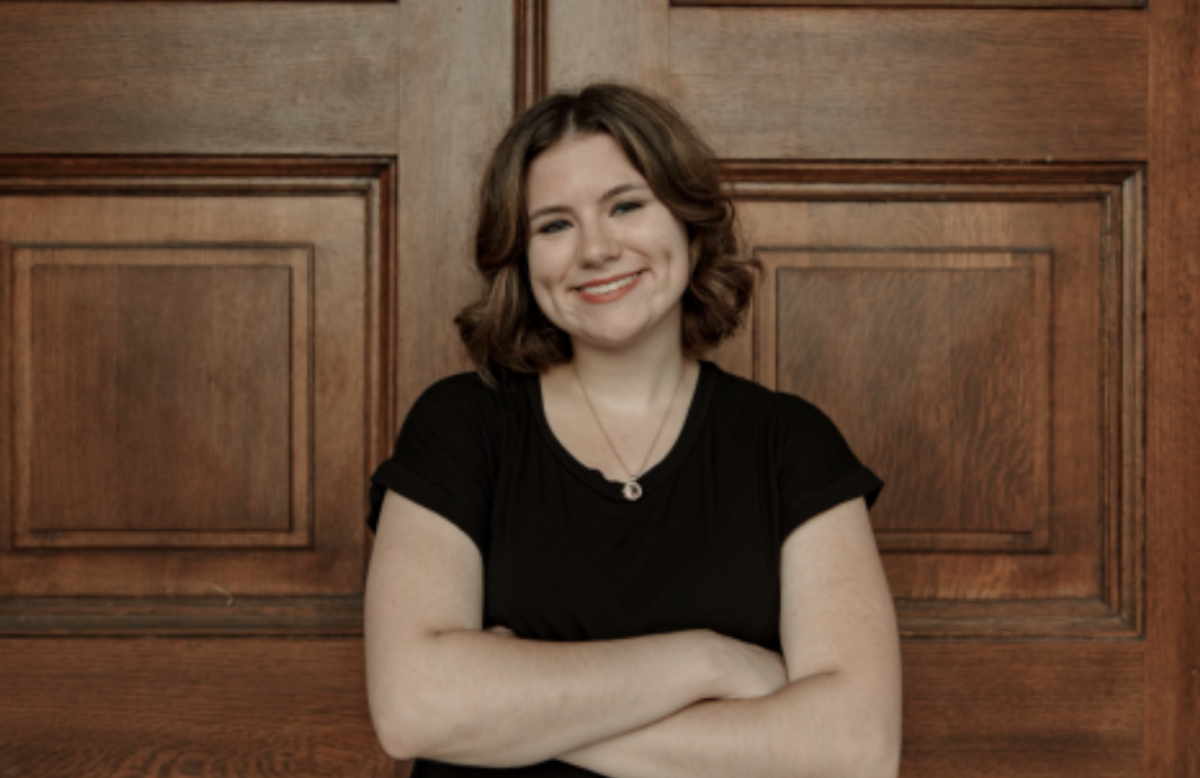In February 2008, five student employees at Memorial Union’s Rathskeller were officially charged with stealing more than $14,000 from their employer.
The students were said to have pocketed “tips” and sold pitchers of beer at discounted prices, keeping the extra cash or putting the money in a tip jar. The resulting uproar over their arrests led to an unusually dark period at the Union.
A letter of complaint expressing dissatisfaction with Union management and communication was signed by 33 student employees and sent to the University of Wisconsin’s Offices of the Dean of Students.
Student employee forums were offered as way to deal with an overflow of concerns. A number of student employees left the Union altogether.
“It was kind of a shitty place to work after that all went down, and people were just really upset,” UW senior and Union building manager Taralinda Gushue said. “I had to help serve beer one night because there were no employees serving beer.”
Two years later, Gushue said, the relations between student employees and Union staff have improved “dramatically.”
Gushue is now the co-facilitator of the Student Employee Advisory Group, a body responsible for a kind of communication revolution within the Union.
SEAG was initially created to manage the Student Employee Recognition Fund, the Union’s solution to the issues surrounding tip acceptance that resulted in the 2008 incident.
Union Associate Director Hank Walter said tipping Union employees is complicated for a variety of reasons, including fair distribution among all employees, labor union contracts that prohibit tip acceptance and Wisconsin law that provides no way to account for state employee tip income.
“At some point you start to say, ‘Jeez, maybe this isn’t the right way to go when there are all these reasons that would make it difficult to implement [tips],'” Walter said.
Instead, Walter said, the Student Employee Recognition Fund is a way for patrons to show appreciation for student work in a controllable way.
The fund is collected 100 percent through contributions to locked donation boxes at Union’s Stiftskeller bar, Daily Scoop counter and delis throughout campus.
The money, which Gushue said reaches into “the thousands,” is used to pay for catered student employee gatherings three times per year and $50 bonuses for those students named Employee of the Month, among other smaller items.
“Overall the response has been pretty good,” Walter said. “Every student employee gets some benefit from it, whether they’re the student employee who’s helping clean up after the event or whether it’s the person who’s serving the food or working in the kitchen.”
Doug Hoff, a UW senior hired by the Union the May following the 2008 incident, said that as a bartender at Stiftskeller, he would “obviously” rather take cash tips.
“It sucks, but what are you going to do about it?” Hoff said. “We’re state employees, so we’re not allowed to take tips. It’s the law.”
While Gushue said she has heard of the odd complaint about the fund as a solution and acknowledges that it is less preferable than cash tips, she said the response to SEAG’s expenditures have been positive.
“People seem happy with the gatherings that we put on,” Gushue said. “They’re a hundred thousand times better than what we’d put on in the past before SEAG was created.”
Beyond tipping issues, Gushue said, much of the improvement at the Union is due to the residual affect of SEAG as an organized representation of student employee interests.
Along with initiating the Employee of the Month program, SEAG has also appointed a student employee to a committee on the new Union South and holds occasional student employee forums.
As a result, she said, SEAG addresses concerns that might not have been dealt with in the days prior to the 2008 incident.
“I saw the transition of how management acted then and how they act now and how they respond to student employees and it is so much better,” Gushue said.
In addition, Walter said, there has been a clear shift for the better in the attitudes and behaviors of student workers at the Rathskeller and throughout the Union as a result of new the management procedures implemented to ensure no more thefts.
“We’ve taken a number of steps to prevent those kinds of things from happening again,” Walter said. “Some of that is educating employees, some of that is better monitoring and training, and I’m very confident that kind of thing is not happening now.”
Gushue added SEAG helps produce a video used to train employees on the topic of not accepting tips.
Hoff agreed that a culture of discount pitchers and informal tips no longer persists in the Rathskeller.
“It stopped once everyone got in trouble with [the incident],” Hoff said. “It was pretty serious what went down with those people. No one really does that anymore, they kind of learned their lesson.”
Currently, the Rathskeller holds about 76 student employees, a little less than 10 percent of the Union’s 800 student employees.
The Union anticipates on hiring an additional 460 to 600 students for operations in the new Union South, at which there will be more donation box locations for the Student Employee Recognition Fund.
“Students, if they stay (employed at the Union) over a year, they stay until they graduate, like me,” Gushue said. “Which I think is a great turnaround and a great showing of how it’s changed in the last few years.”













